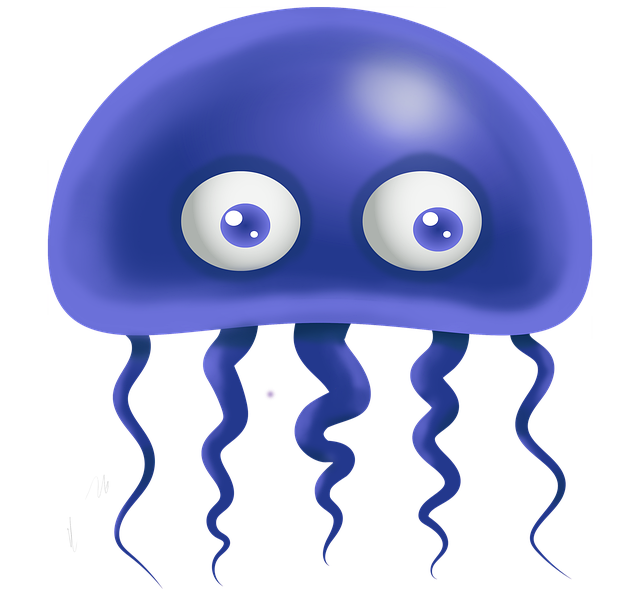Keeping moon jellyfish in captivity can be a fascinating and rewarding experience. These mesmerizing creatures, with their translucent bodies and gentle movements, have become popular pets for aquarium enthusiasts. However, to ensure their health and well-being, it is essential to understand what moon jellyfish eat and how they feed.
Feeding Habits of Moon Jellyfish
Moon jellyfish are filter feeders, meaning they primarily consume small particles suspended in the water. In the wild, they feed on plankton, small fish eggs, and other microscopic organisms. When kept in captivity, replicating their natural diet is crucial to their survival.
Preferred Foods for Moon Jellyfish
The primary food source for moon jellyfish in captivity is brine shrimp. These small crustaceans are readily available and provide the necessary nutrients for the jellyfish’s growth and development. Brine shrimp can be purchased frozen or live, but it is essential to ensure they are of high quality and free from any contaminants.
In addition to brine shrimp, moon jellyfish can also be fed other types of small zooplankton, such as copepods or rotifers. These can be obtained from specialty aquarium stores or online suppliers. It is important to note that moon jellyfish have specific dietary requirements, and their nutritional needs may vary depending on their life stage.
Feeding Schedule for Moon Jellyfish
Establishing a regular feeding schedule is crucial to maintaining the health of moon jellyfish in captivity. They should be fed small amounts multiple times a day, rather than a large quantity all at once. This mimics their natural feeding pattern and ensures they receive a steady supply of food throughout the day.
It is recommended to feed moon jellyfish 2-3 times a day, adjusting the quantity based on their size and age. A general guideline is to offer them an amount of food equivalent to their body size, ensuring they can consume it within a few minutes. Overfeeding should be avoided, as it can lead to water quality issues and digestive problems for the jellyfish.
Nutritional Requirements for Moon Jellyfish
Moon jellyfish require a balanced diet to thrive in captivity. In addition to their primary food source, brine shrimp, it is essential to provide them with a variety of other zooplankton to ensure they receive all the necessary nutrients.
Supplementing their diet with commercially available jellyfish food can also be beneficial. These specialized foods are formulated to meet the nutritional needs of jellyfish and may contain essential vitamins, minerals, and amino acids. However, it is important to carefully read the product labels and choose a reputable brand.
Water quality is another crucial factor in maintaining the health of moon jellyfish. Regular water changes and filtration systems are necessary to remove any waste or uneaten food that could negatively impact the water conditions.
In Conclusion
Understanding what moon jellyfish eat and how they feed is vital for their well-being in captivity. By providing them with a diet that closely resembles their natural food sources, establishing a regular feeding schedule, and maintaining proper water quality, you can ensure the health and longevity of these captivating creatures in your aquarium.
Remember, moon jellyfish are delicate creatures, and their dietary needs may vary. It is always best to consult with experts or reputable sources for specific guidance on feeding and caring for moon jellyfish in captivity.

